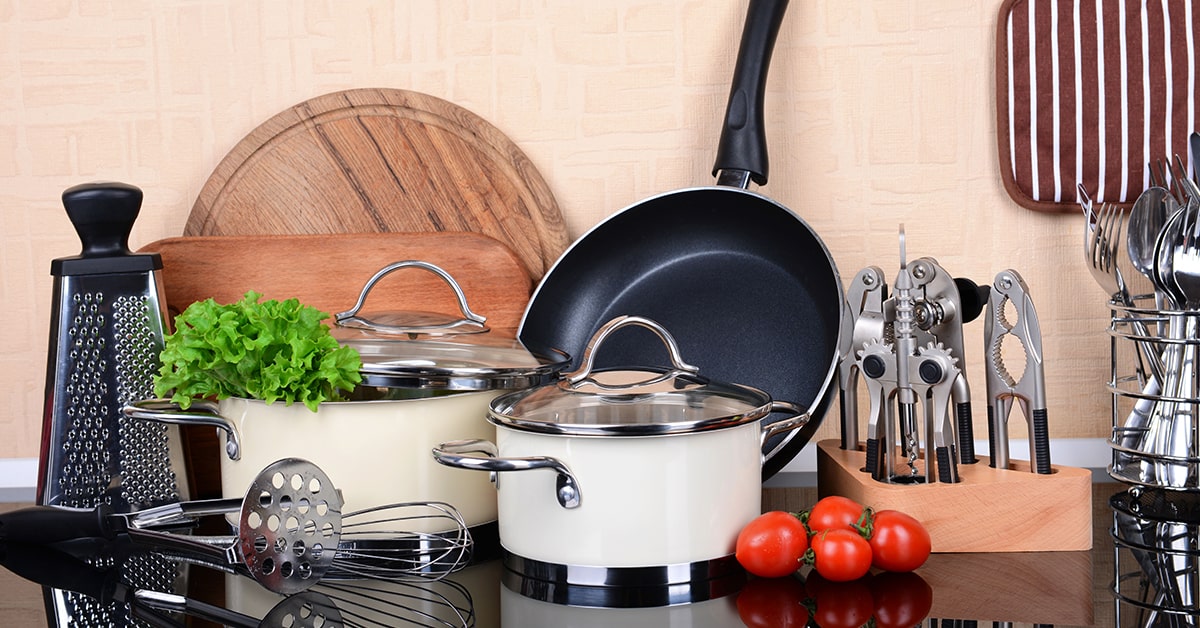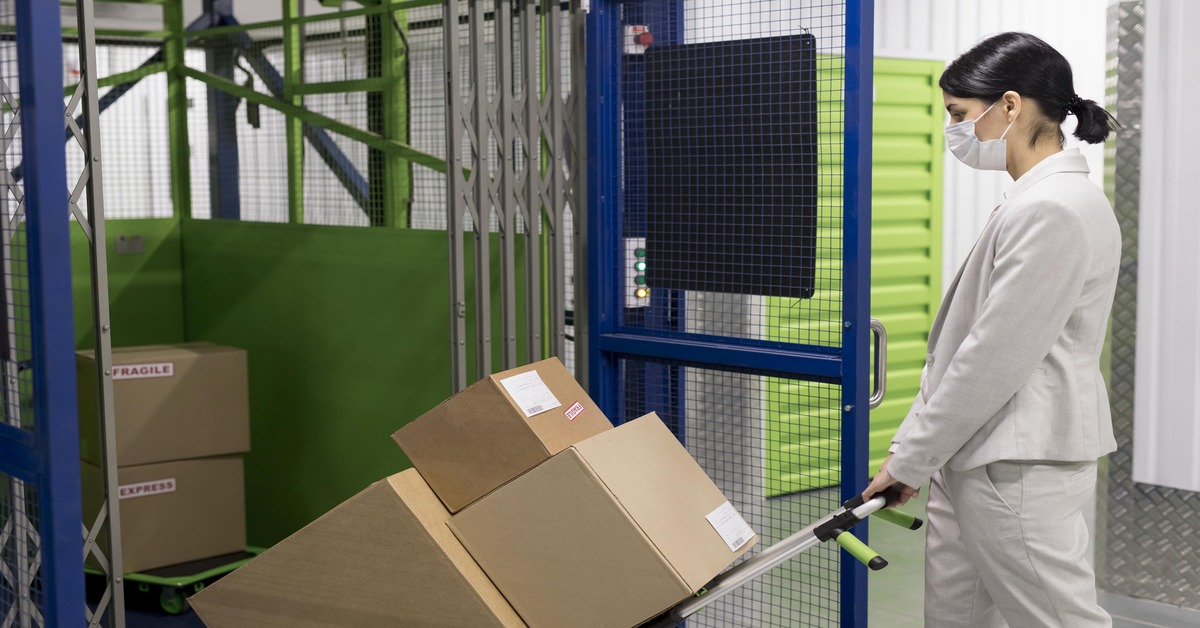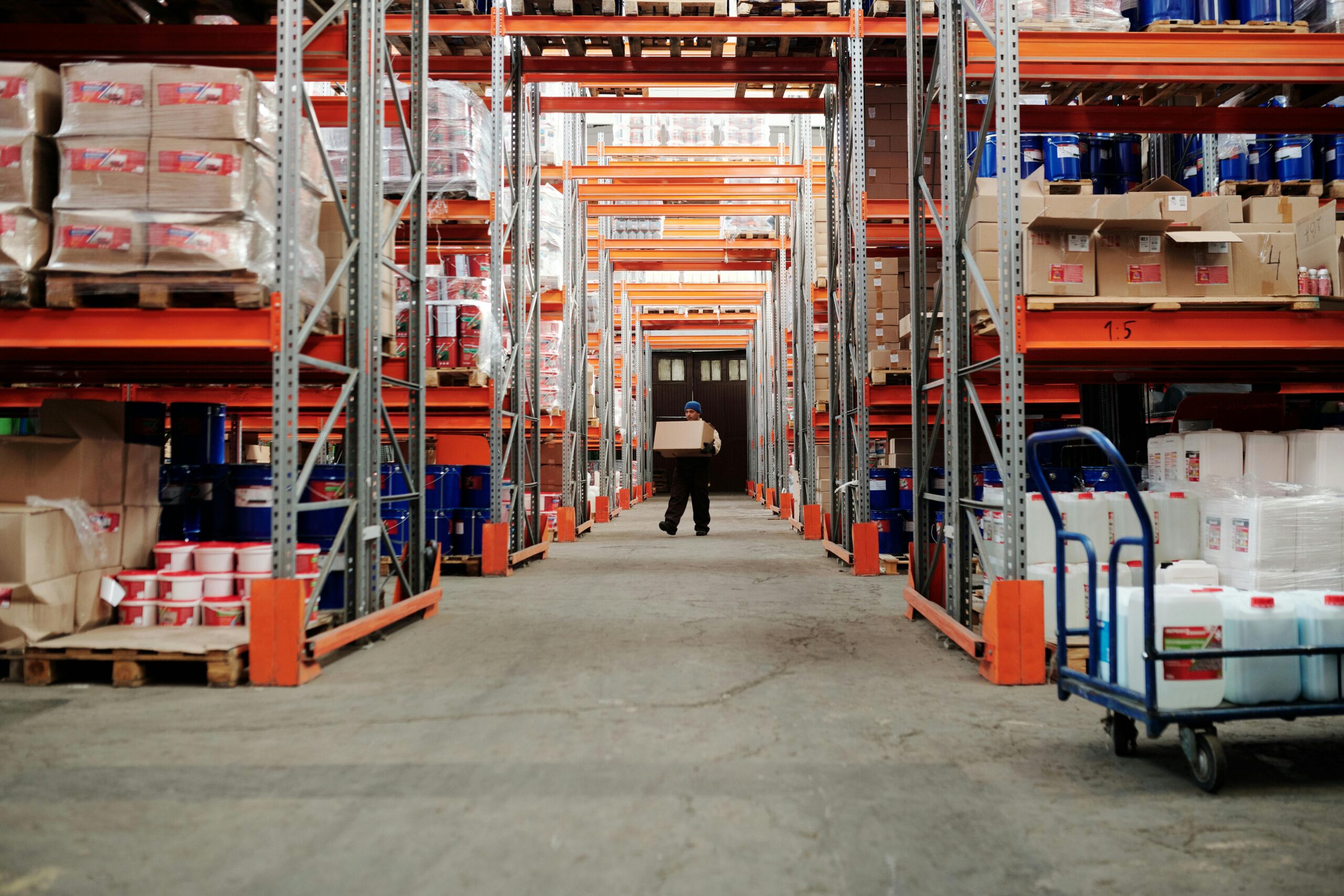Table of Contents
You can accumulate so many various kinds of kitchenware over time. While some are developed for extremely specialised uses that you might only need once a year, others are used daily. With the help of these utensil organisation tips, you will be able to cook with ease while reducing the amount of clutter on your counter. Declutter kitchen utensils and keep kitchen counter clean.
The issue is that after amassing a sizable collection of utensils, they can quickly become disorganised. This is really aggravating because it makes it harder to find what you are looking for and can jam your kitchen drawers. Who would want to cook or live in a frustrating environment? No one. That is when these kitchen utensil organisation and declutter tips come to your rescue.
Why is it Important to Consider How to Store the Kitchen Utensils?
Most of your meal preparation and cooking is done with utensils. When you need a tool, you often need it right away. Utensils are easily mixed up and knotted inside kitchen cabinets. They may jam the drawer, making it impossible for you to open it.
Suddenly, utensils appear to multiply, and we are often shocked by how many extras we have compared to what we need. Decluttering is the first step in these organisation methods because of this. All you must do is clean out your kitchen space and arrange your tools.
Here are some pointers to help you keep everything in its proper place:
- Build a method for storage
Organise your kitchen cabinets and drawers first. Make sure that each item has enough space. If you do not have enough room, consider storing your stuff on hooks or shelves.
- Set your utensil collection in order
Keep all your culinary utensils in one place. You will not forget what you need next if you do it this way. Additionally, consider how you can stack your dishes. To hold your knives, for instance, you may use a knife block or board.
- Locate suitable storage for your pots and pans
Find a place to keep your cookware if it comes in varied sizes. For smaller items like skimmers and spatulas, a drawer or hook works well. A shelf can be used to store larger pots and pans above the stove.
Questions to Ask yourself while Decluttering your Utensils
Try to go swiftly and not put off deciding what you want to keep and what you will donate as you go through your belongings. Consider posing these questions to yourself if you are feeling a little stuck:
- Do I employ this? Really, you should not have to give this much thought. You can either use it or not. The question is NOT, “Will I potentially utilise this one day?”
- Is this an extra item? Are wooden spoons necessary in that quantity? Consider what you utilise often and what you need. For such “one-time” gatherings, keep in mind that you may always borrow stuff from friends or family. Pick your favourite and give the extras to charity!
- Would I buy this now? This is a good question to ask when looking at new utensils. Consider whether you still adore it and whether it still fits your style. Does it make the room more functional or aesthetically pleasing, or is it merely adding to the clutter?
- Does this make life easier for me? There may be some things you use often but do not really require that add complexity to your life. For instance, we use our rice cooker at least a few times per week. It is true that I could prepare rice on the stove instead of using the rice cooker, but it would make things less efficient. You can, without a doubt, splurge on some items – just make sure they are useful to you!
Utensils to Declutter
The list that follows is only a place to get started. Do what works for you, keeping in mind that what is important to you might not be significant to others.
- Wooden spoons or other cooking utensils
- Baking equipment – Examine any excess, used, or unused cookie sheets, muffin tins, pie pans, etc.
- Cleaning products. Make an inventory of your cleaning goods and throw away anything you do not use anymore. Combine bottles of the same product if you have more than one. To ensure that you use up the bottles that are empty first, position them near the front of your collection.
- Food Storage Containers – Compare the lids and bottoms, and discard everything without a matching set. Donate whatever stuff you still have that you do not use or need.
- Cups for coffee and glasses – Consider what you need. Broken or chipped glasses should be recycled. If you have added, mismatched parts, let them go. If you collect coffee mugs, save your favourites to display and give the others to charity.
- Kitchen appliances – Despite how fantastic they seem; kitchen appliances often are under-used. Donate any items you no longer use or if you already have something that can do the same purpose. Save nothing for “someday”; simply save what you need.
- Small kitchen equipment – Donate or sell it if you do not use it or if another appliance can complete the work. With these, you will get a lot of products for your money because they are often enormous space hogs!
How to Re-Organise your Kitchen after the Decluttering Process
There are various methods for keeping things ordered. Here are some suggestions for keeping your kitchen organised after the decluttering:
Use utensil organisers –
Knives and forks and more can be stored easily with the aid of utensil organisers. They come in a wide variety of sizes and forms, but the best ones are made expressly to keep your utensils arranged and hidden. While some people prefer plastic holders, others favour wooden ones. Make sure it fits your cabinet nicely, regardless of the type you choose.
Keep Non-Essential Utensils in a Container –
It is time to separate and stow away the kitchenware you only infrequently use after you have sorted out the necessities. Plastic storage containers can be a great, cost-effective choice. Specific categories of kitchen tools can be kept together using organisation containers. Then, these containers can be kept in the pantry, a separate drawer, or a cabinet.
Use a Kitchen Utensil Storage Container or Jug –
Although it is usually best to keep kitchen countertops uncluttered, sometimes it just makes sense to leave tools there. Keeping them in a utensil container on the counter may make sense if you do not have a spare drawer available.
Use creative solutions without drawers -
Without drawers, organising a kitchen might be a little more difficult. Here are some options:
- Utilise a pull-out bin to store utensils in a cabinet. The utensils are effectively stored in a drawer thanks to the pull-out bin.
- Hang utensils from a wall or the walls of a cupboard.
- Put utensils on the counter in a pitcher or other container.
- Hang utensils on the interior of cabinet doors.
Do not let the unusual storage problems in the kitchen overwhelm you. You can organise your kitchenware in a variety of ways. Any sort of decluttering and reducing involves a process. Do not try to complete everything in one day; instead, focus on one topic at a time to avoid feeling overwhelmed and unmotivated. You will get the best results if you go slowly and always be honest with yourself about your resources and how you use them.
 Contact Us
Contact Us
Our Storage experts will get in touch with you.





